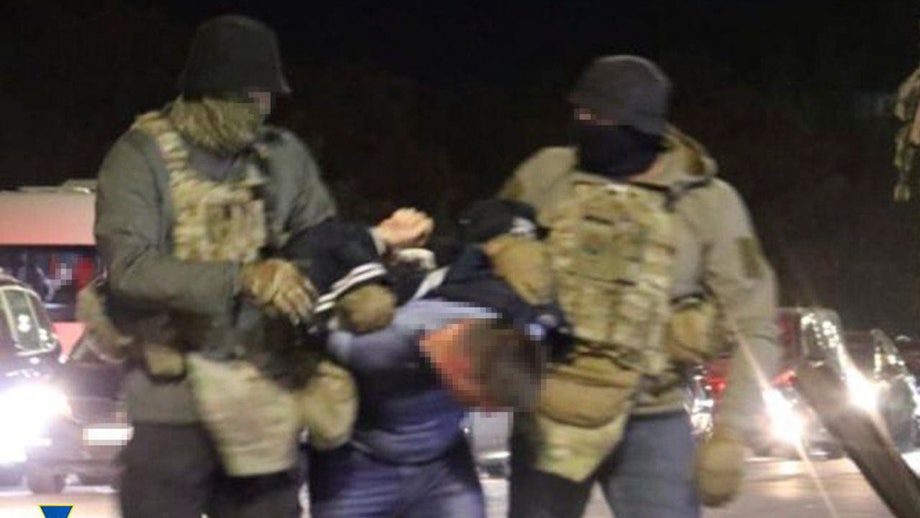Pope Francis has accepted an invitation to attend the Group of 7 (G7) Summit in Puglia, Italy, in June, marking a historic first for a pontiff. The Vatican confirmed his attendance, and Italian Prime Minister Giorgia Meloni expressed her conviction that his presence will contribute to the development of an ethical framework for artificial intelligence (AI).

Pope Francis's call for the ethical development and use of artificial intelligence is gaining international momentum, with the pontiff set to address the issue at the upcoming G7 Summit. The summit, hosted by Italy, will bring together leaders from Britain, Canada, France, Germany, Japan, and the United States.

In a video statement, Prime Minister Giorgia Meloni described Pope Francis as "the first pontiff ever to participate in a G7 summit," noting that he would participate in the session dedicated to artificial intelligence. Meloni expressed her belief that the Pope's presence would play a crucial role in defining an ethical and cultural framework for AI.
Pope Francis has consistently emphasized the need for an international treaty to govern the development and use of AI, dedicating his annual peace message this year to the topic. The rapid advancements in AI technology, such as OpenAI's ChatGPT, have raised concerns about its potential impact on employment, privacy, and human life itself.
The Vatican's bioethics think tank, the Pontifical Academy for Life, has actively engaged with technology corporations, academic institutions, and non-governmental organizations to promote ethical AI practices. Cisco Systems recently signed a pledge to uphold these standards, joining a growing list of signatories.
During the recent G7 foreign ministers' meeting in Italy, participants acknowledged the risks to cybersecurity posed by AI and emphasized the need for safe, secure, and human-centric AI development. The ministers' discussions centered around the importance of ensuring AI aligns with human rights principles.
Pope Francis's participation in the G7 Summit will add significant weight to the ongoing efforts to establish ethical guidelines for AI. His presence is expected to foster a global conversation about the responsible use of this transformative technology, shaping the future of AI development and its impact on society.
The ethical considerations surrounding AI encompass various aspects, including transparency, accountability, fairness, and safety. The technology raises questions about data privacy, bias, and the potential for job displacement. By advocating for an international treaty on AI ethics, Pope Francis seeks to ensure that these concerns are addressed and that AI is developed for the benefit of humanity, promoting social justice and human dignity.
The G7 Summit provides a platform for global leaders to discuss and coordinate efforts on pressing issues. Pope Francis's participation in the AI-focused session will enable him to contribute the perspective of the Catholic Church and promote the ethical development and use of AI, upholding the fundamental values of human dignity and the common good.
His presence at the summit underscores the growing recognition of the importance of ethics in the digital age. AI is rapidly transforming various sectors, and it is essential to harness its potential while mitigating potential risks. Pope Francis's advocacy for an ethical framework for AI aligns with the global aspiration for a just and equitable society in the digital era.
As the world navigates the challenges and opportunities presented by AI, Pope Francis's voice will undoubtedly add depth to the discussion and help shape the future of this transformative technology. His participation in the G7 Summit is a testament to the Catholic Church's commitment to engaging with contemporary issues and promoting ethical frameworks that safeguard human values and the common good.










